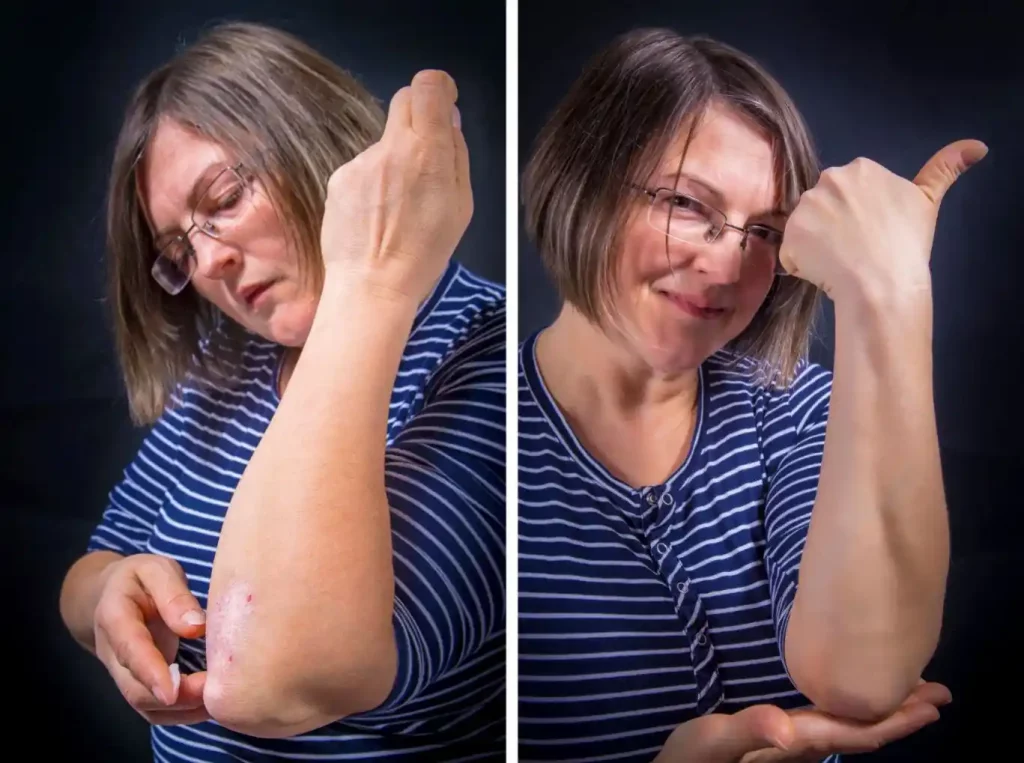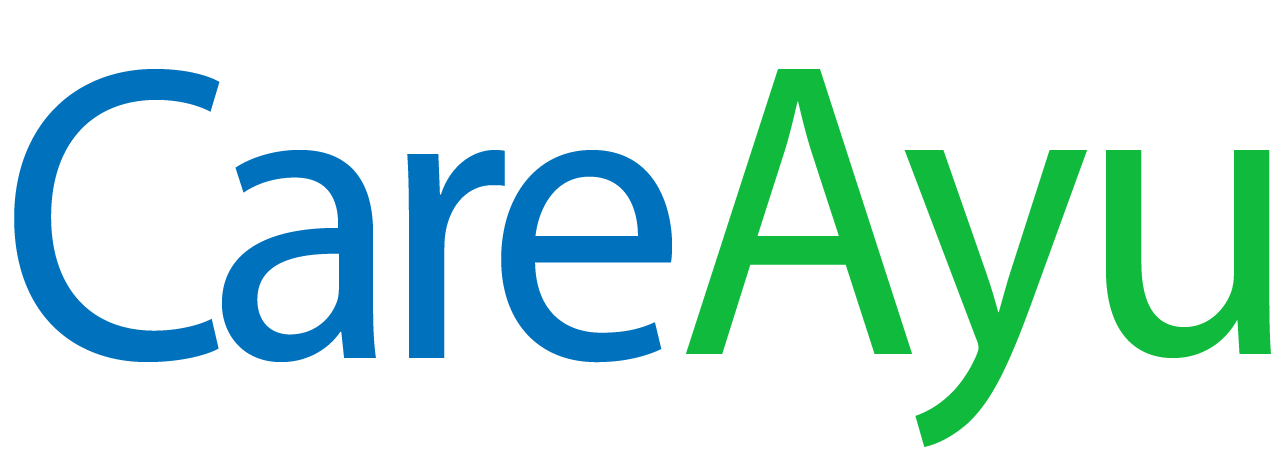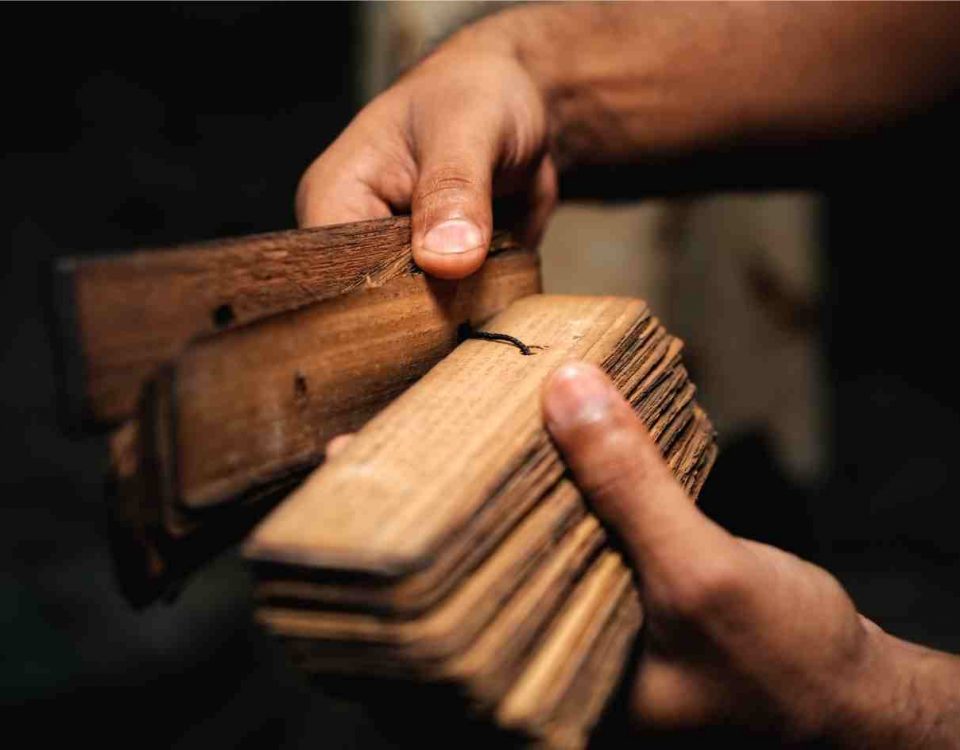- Connect Whatsapp
- +917012232608
- admin@careayu.com
Ayurvedic medicine for psoriasis

Ayurvedic medicine for anxiety
May 8, 2022
Ayurvedic treatment for fissure
May 8, 2022Table of Contents
- Ayurvedic medicine for psoriasis
- Symptoms includes
- Management:
- As per Ayurveda, all skin disorders have similar causes.
Ayurvedic medicine for psoriasis

In Ayurveda, skin issues are bundled together under the term Kushtha. Most of the mixes described in Kushtha chikitsa have been successfully used by physicians to treat a variety of skin ailments. In this case, the Ayurvedic treatment plan resulted in the healing of psoriatic lesions with no recurrence to date. Psoriasis is an inflammatory skin and joint disease caused by an immune response. Psoriasis affects two times more men than women. The head, neck, torso, extremities, hands, and feet are all affected by psoriasis.
Symptoms includes
White, red, or shiny elevated spots that can arise anywhere on the skin, such as the groin region; harsh, flaky, scratchy skin that can bleed; torching or pussy-filled blisters; pitted, wrinkled, or pale yellow toenails or toe nails. Psoriasis manifests itself in several ways, each with its unique set of symptoms.
• Plaques of chronic psoriasis
• Guttate Psoriasis
• Pustular psoriasis
• Erythrodermic psoriasis
• Nail psoriasis
• Psoriatic Arthritis
Management:
According to Ayurveda, keeping your doshas balanced is essential for human health. As a result, in addition to herbal Ayurvedic medicine for psoriasis, Ayurvedic psoriasis therapies incorporate dietary and physical activity changes. The most popular therapy for psoriasis is panchakarma treatment. According to Ayurvedic concept, psoriasis is caused by vitiation of all three doshas (Vata, Pitta, and Kapha) to varying levels, but predominantly Vata and Kapha.
Ekakustha, kitibha, and Sidhma, which have psoriasis-like symptoms, are among the types of Kushtha(skin illnesses) listed in Ayurveda. Inflammation, roughness, and cracking of the skin are all symptoms of Vata. Pitta vitiation manifests as burning experiences, erythema, inflammatory, and so on, whereas Kapha vitiation manifests as sores, irritation, secretion, epidermal thickness, and so on. Every patient’s dosha participation is properly evaluated based on these signs and symptoms, which is critical in the treatment of this ailment.
As per Ayurveda, all skin disorders have similar causes.
- Irregular dietary habits, food consumption, and fish-incompatible substances, such as dairy products
- Pathogenesis can be aided by yoghurt, cheese, black gram, seafood, sour and spicy meals, radish, pastries, sesame seeds, milk, and jaggery.
- •The skin and blood tissues are affected by the vitiated dosha. They also have an effect on the water elements of the skin in the affected area. The skin becomes discoloured (white or copper coloured), scaly, and thin as a result of the damaged doshas.
- As per classics, Toxins build deep in the Dhatus of the body, such as rasa, rakta (blood), and mamsa (muscles), and generate Visha (poison), which causes psoriasis
- The treatment is based on blood purification and re-establishing the balance of the vitiated Dosha. The steps of psoriasis therapy are as follows:
- Shodhana chikitsa is achieved through panchakarma (detoxification)). For comprehensive relief, purification steps are recommended. All skin issues should be treated with emesis (Vaman) every two weeks, purgation (Virechan) every month, Nasya every third day, and bloodletting (Raktamokshana) every six months. Ayurveda also emphasises the role of anxiety, tension in the aetiology of psoriasis.
- Shirodhara: Following the purification described above, medicated oil or buttermilk is dripped overhead (Shirodhara), and a combination of medicines and mud is spread over the entire body.
- Basti’s Karma(also known as medicated enemas)
- Internal medicines, such as herbal formulations, combinations, medicinal ghee, and so on, must be taken for at least 90 days. Khadirakwatha, Panchnimba Chura, Panchtiktaghrita, Panchatikta ghrita guggulu, Mahatiktaka guggulu, Khadirasava, Khadirariha, Manjihadi kwatha, Aragvadhadi kwatha, Amrita guggulu, Khadirasava, Khadirariha, Manjisthadi kwatha etc.
- External application oils, such as Jeevantyadi Yamakam, Eladi Kera Tail, Nalpamaradi Tail, Maha Marichyadi Tail, and others, depending on the condition of the patient. If the patient wants to scratch, these oils can be used to and around the patches
- Immunomodulation (Rasayana chikitsa) via kayakalpa
- Restricted diet: During the therapy time, a strict diet must be followed, with vegetarianism being preferred. Yogurt, black grame, chilies, and salted dishes are all forbidden foods. Meals that have been refrigerated or chilled, as well as unhealthy foods, spicy and specially fish should be avoided.
- Stress alleviation

